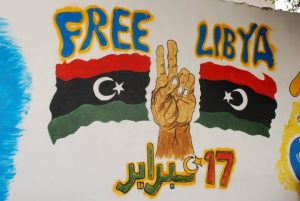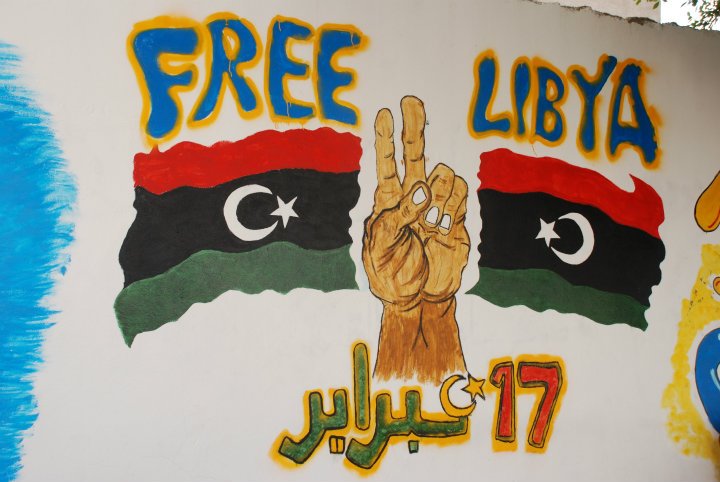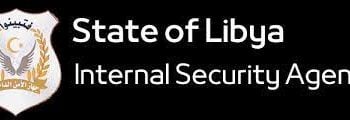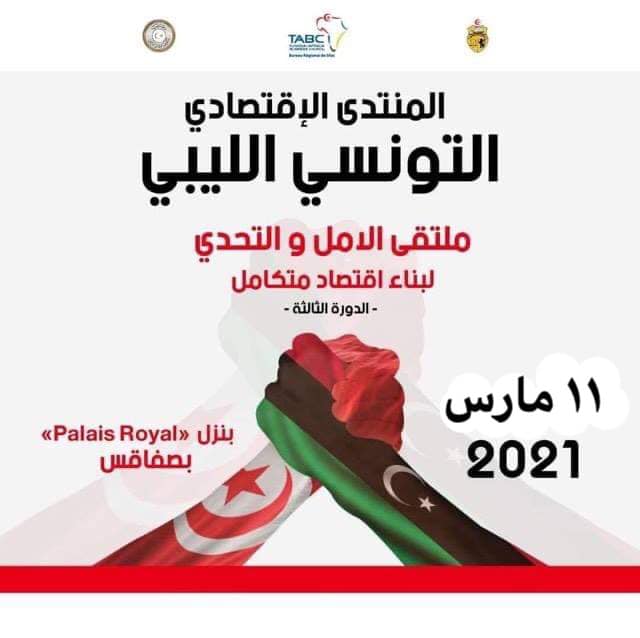By AbdulKareem Ben Atia.

15 February 2021:
The tenth anniversary of the February 17 Revolution approaches us in a few days, stirring in our minds the vivid memories we witnessed of Libyans taking to the streets demanding freedom, democracy, human rights, justice and equality. The 2011 uprising continued for a difficult 8 months, which took a toll on Libya, especially the western region.
The first real litmus test following the uprising of February 17 was the General National Council (GNC) elections, which took place less than 9 months after the end of the uprising. Participation in the elections was relatively high and diverse with young people, women and ethnic minorities all taking part. The National Transitional Council, after leading Libya throughout the beginning of the uprising until elections, succeeded in the peaceful transition of power to the GNC. The February 17 revolution had begun to fulfil its promises.
For the first three years following the revolution, Libyans took to the streets and public squares spontaneously and in large numbers to celebrate the anniversary. The large celebrations were especially owed to the stability, both politically and security-wise, the country witnessed during the period between 2012 and 2013. This was before the politics and polarization within the GNC drove the country towards an armed conflict and proxy war within the greater framework of regional political agendas that had arisen.
The proxy wars in Libya began in 2014, sometimes it would get worse and sometimes it would ease a little, but all the same lead to death of thousand and displacement of tens of thousands. This was coupled with the halt of production and export of oil, the sole resource the Libyan economy relies on. This, of course, was followed by the collapse of the national currency and inflation in the cost of living. The sense of security was gone, cash became rare and the social fabric began to tear apart.
In 2015, a new government, the Government of National Accord (GNA), was formed as a result of a political dialogue process between Libyan political stakeholders that took place over a period of 14 months. Unfortunately, this government failed in creating real accord, providing services, ending political polarization, or in preventing and stopping the shadow war. Instead, this new phase was dominated by a focus on narrow personal interests and the absence of political and administrative experience. In addition, the refusal of the parliament in Eastern Libya in recognizing the GNA increased the challenges and the conflict continued leading up to the attack on Tripoli.
On April 4, 2019, whilst the Secretary-General of the United Nations was in Tripoli meeting with the President of the GNA, the city came under attack launching a war lasting one year and two months. All types of weapons were used as well as warplanes and mercenaries. Many were killed and tens of thousands displaced before the forces who had attacked the capital were forced to return to where they came from.
Again, a new process of political dialogue began in Tunis, Bouznika (Morocco) and Geneva leading to the selection of a new executive body with a mandate for less than a year with the main task of holding general actions on 24 December 2021.
The dialogue was closely followed by Libyans as they awaited to see what it would result in and with many questions lurking in their minds. Will this new authority, in such a short time frame, be able to establish security, provide basic services such as electricity, cash and create an effective COVID-19 response? Will they able to reignite the confidence and trust of the people in the electoral process so that we see strong participation on Election Day?
Will this authority be able to renew hope to what the February 17 revolution promised in terms of freedom, justice, equality and a dignified life? Or will the provision of basic services be the only demand?
The revolution faces a tough test and the spontaneous celebration of the anniversary signify whether the revolution has passed the test or not. The spontaneous celebrations every year can be seen as a referendum on the continuation of the revolution or otherwise.
AbdulKareem Ben Atia is a political consultant. He has been heavily engaged in political processes such as the Libyan Dialogue in Skhirat and worked with stakeholders including embassies, the General National Congress, the Government of National Accord, and the Presidency Council in Libya.
The views in this article do not necessarily reflect those of Libya Herald.
This article was contributed by the writer as part of a series of pieces by a number of female and male youth, in and outside Libya, invited by Libya Herald to reflect on the occasion of the tenth anniversary of the 17 February 2011 Libyan Revolution.










